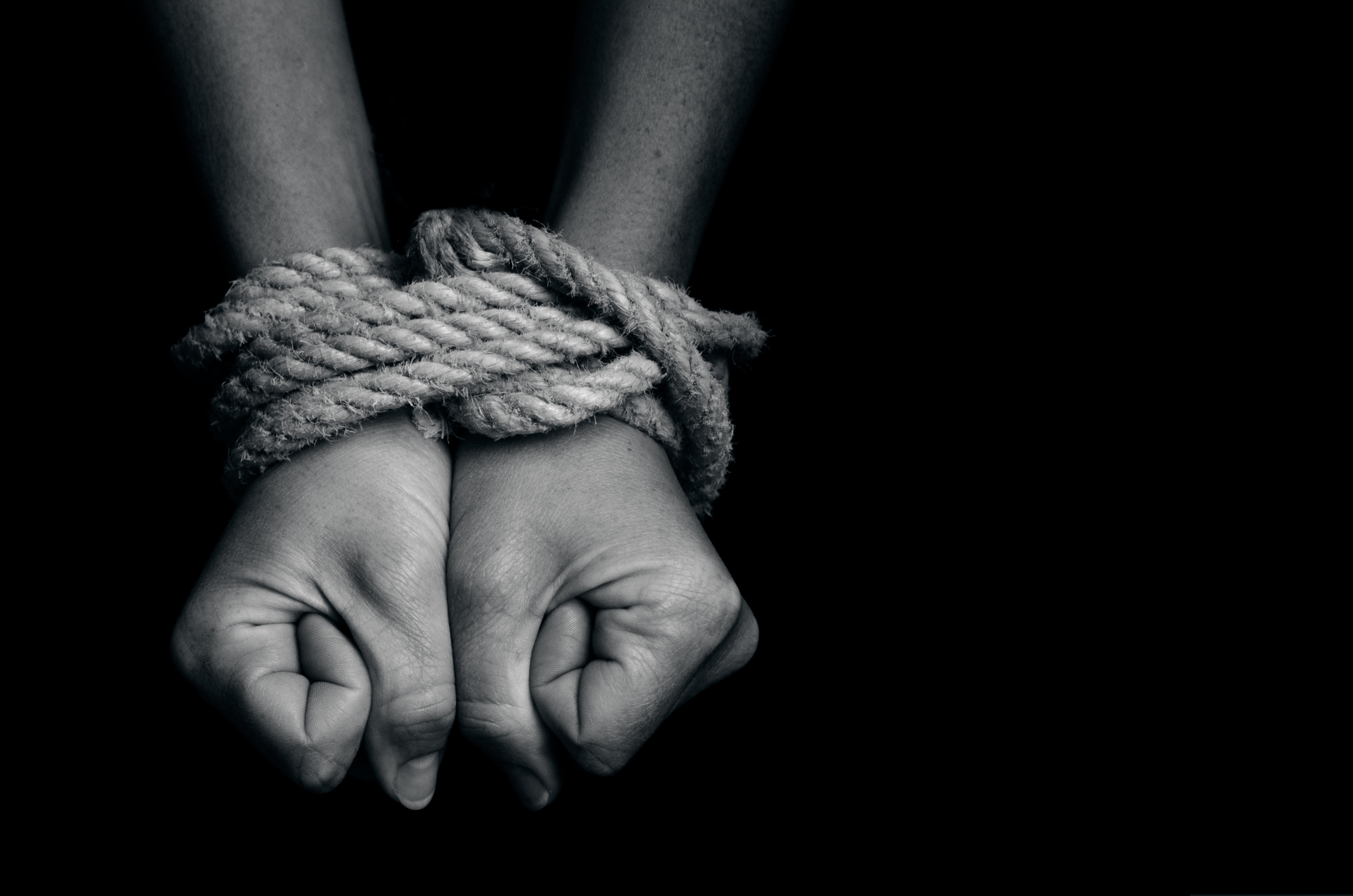Number of women convicted for human trafficking “exceptionally high” -UN
Nearly three in 10 convicted human traffickers worldwide are female, according to a U.N. report on Monday which found that women play a bigger role in trafficking than other major crimes such as murder or robbery.
The United Nations Office on Drugs and Crime (UNODC) said that 28 percent of convicted traffickers between 2010-2012 were women, many of them acting as guards, recruiters and money collectors, to gain the trust of female victims.
In contrast, between 10 percent and 15 percent of the total number of people convicted of serious crimes were female, the report said.
Kristiina Kangaspunta, chief of the UNODC’s Global Report on Trafficking in Persons Unit, said the number of women convicted for human trafficking was “exceptionally high”, adding that some of them were forced to recruit others by trafficking rings.
“Women involved in human trafficking operations are often in close contact with the victims, whether it is recruiting them, deceiving them or transporting them,” Kangaspunta told the Thomson Reuters Foundation by phone from Geneva.
“Given that many human trafficking investigations are based on victims’ testimonies, these low-ranking female traffickers are most likely to be identified and convicted, while the men at the top of the chain are rarely seen or known by the victims.”
The report also said that 33 percent of detected victims of human trafficking are children with girls accounting for two out of every three of them.
Earlier this month the 2014 Global Slavery Index estimated that almost 36 million people around the world are in some form of slavery. The figure includes people who have been trafficked for sexual exploitation and forced labour.
Victims turn perpetrators
UNODC said women were more likely to be convicted of human trafficking alongside their partner or family members than men.
More than 100 cases across 30 countries involved female traffickers who had worked with their husband, mother, daughter or siblings to traffic victims, mainly for sexual exploitation and forced labour, UNODC said.
In one case outlined in the report, a woman and her husband were jailed for five years for trafficking six women from Belarus into another European country, where they were sold to nightclub owners.
In Eastern Europe and Central Asia, more women than men were convicted of human trafficking between 2010-2012, while in North and South America, nearly 40 percent of traffickers were women, according to the report.
The proportion of convicted female offenders in South and East Asia, Africa and the Middle East was around 30 percent, while the rate in Western and Central Europe stood at just over 20 percent.
The report said that in countries with high numbers of female human traffickers, there were often many girl victims.
“For some women and girls, brutalised by their own experience of trafficking, the option of becoming a trafficker themselves can present itself as a path out of exploitation,” said Aidan McQuade, director of Anti-Slavery International.
“It is a sad human truth that where violence is concerned, as it is with trafficking, victims can often become perpetrators,” McQuade told the Thomson Reuters Foundation.
Source: http://www.trust.org/item/20141124163933-6vy1j/?source=search

About the author